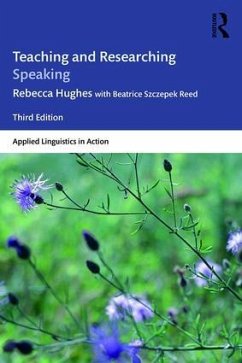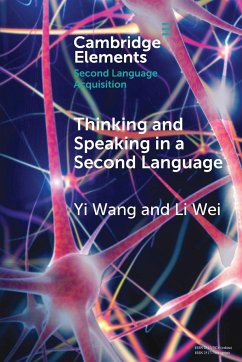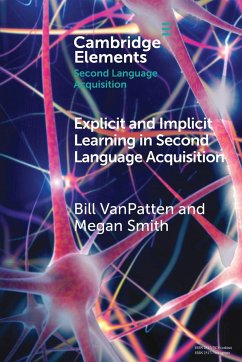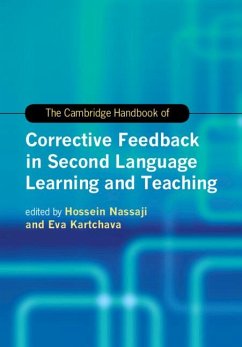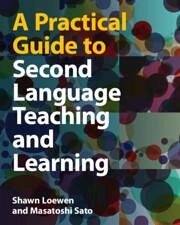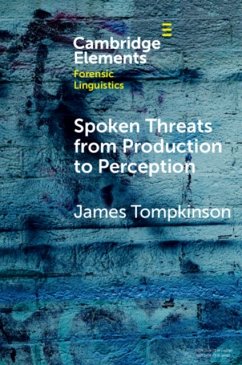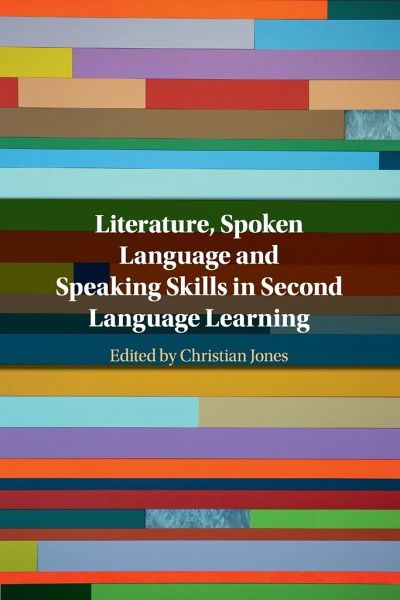
Literature, Spoken Language and Speaking Skills in Second Language Learning
Versandkostenfrei!
Versandfertig in 1-2 Wochen
42,99 €
inkl. MwSt.

PAYBACK Punkte
21 °P sammeln!
The volume draws upon empirical research to investigate how literature is used as a model of spoken language and to develop speaking skills in second and foreign language learning. It is ideal reading for students and researchers of applied linguistics, TESOL and second language acquisition.





